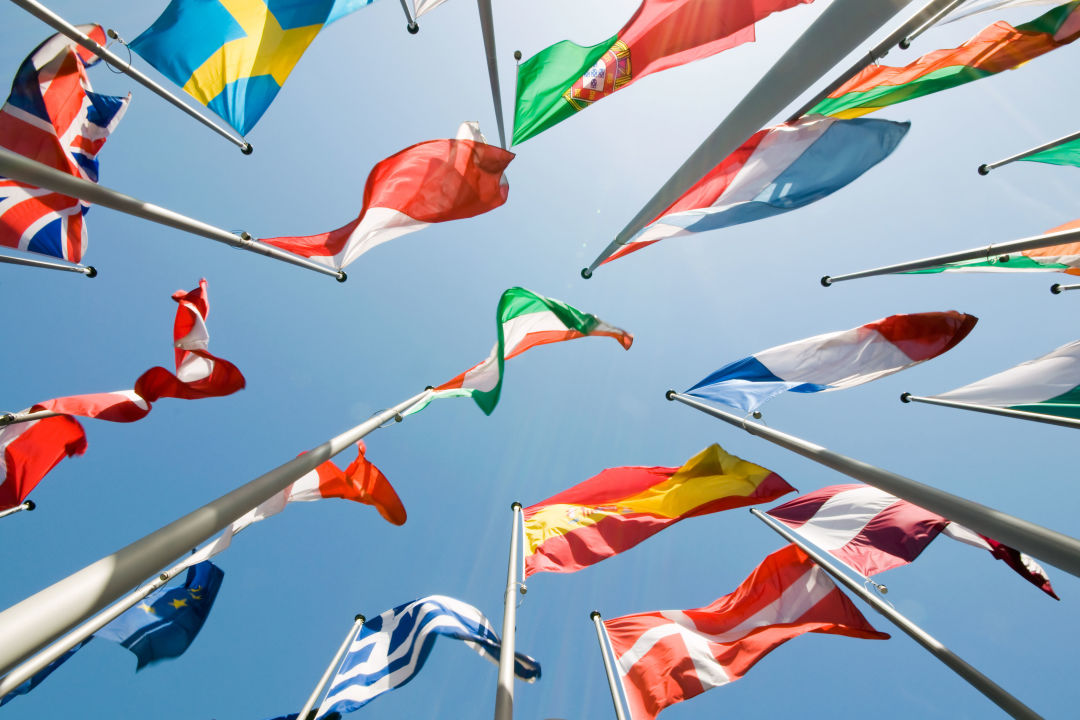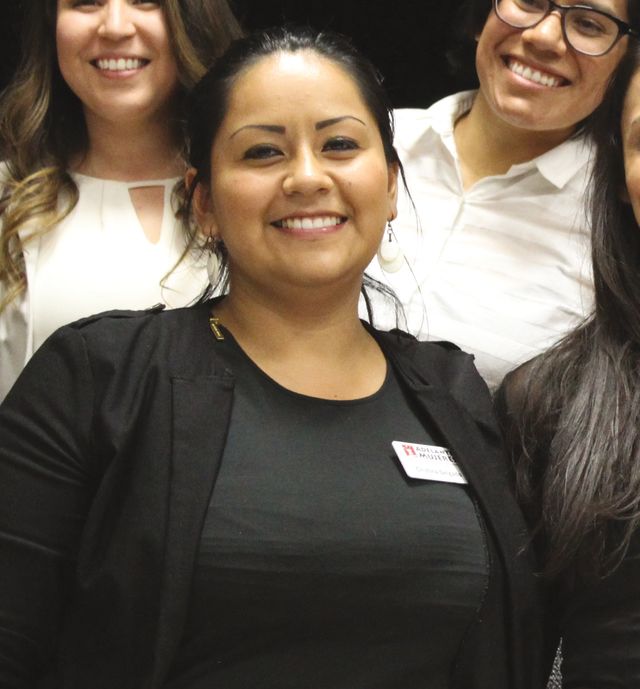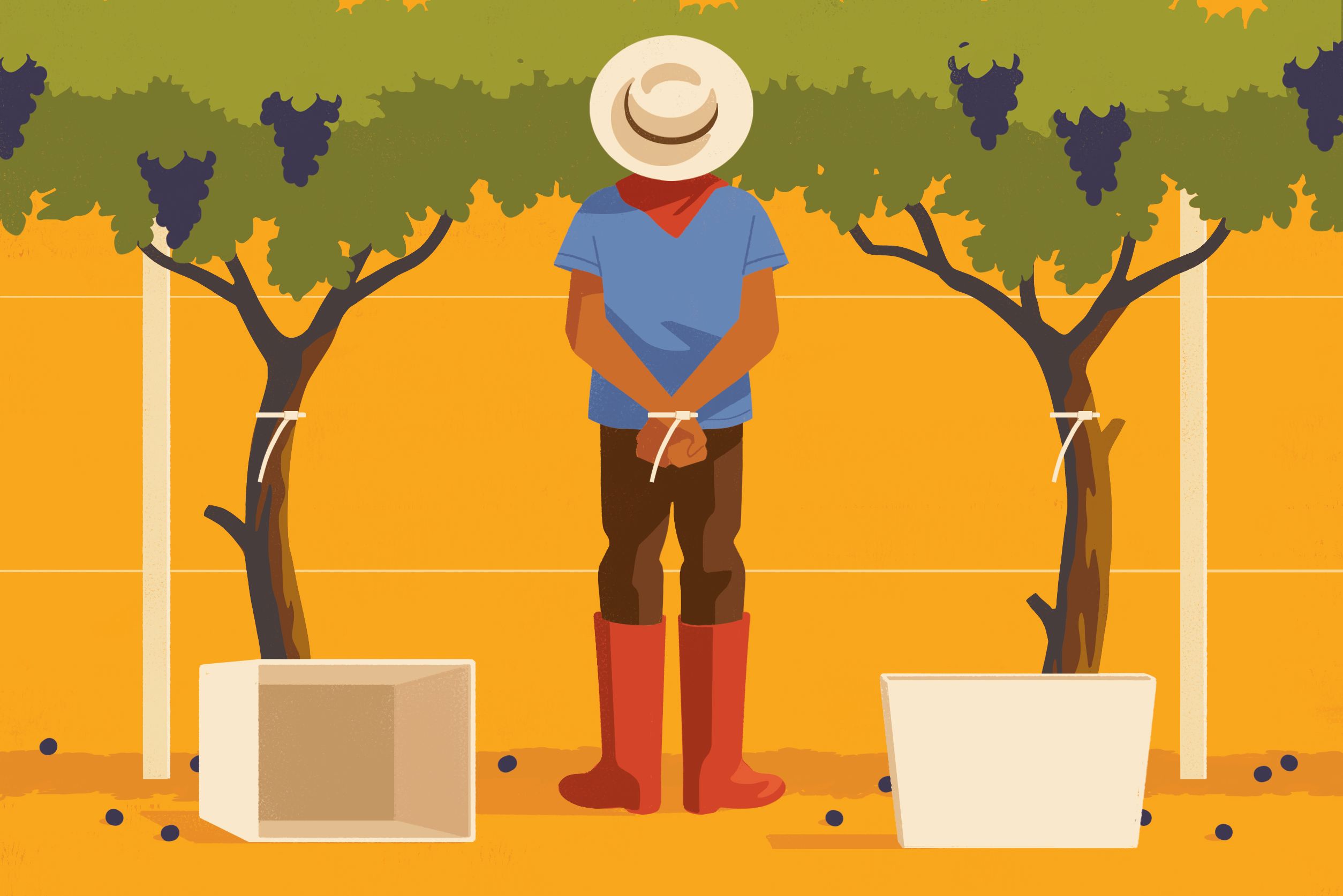Four Leaders of Portland’s Immigrant-Focused Community Organizations Talk Trump, Allies, and What Comes Next

Image: Shutterstock
A few days after the 2016 election, Portland Monthly asked a wide range of Oregonians for their thoughts on what Donald Trump’s victory means for their lives, their work, and their communities.
Readers, we’d love to hear your thoughts as well. Please feel free to share your thoughts in the comment section, and please remember to keep this conversation civil and respectful.

Image: Courtesy Cristina Delgado
Cristina Delgado
Site facilitator for Latina advocacy group Adelante Mujeres
“It’s very difficult to know how much fear the families are going to have to go through, and the uncertainty about what’s going to happen. I have heard many people asking if their families are going to be separated. There’s a lot of concern and a lot of doubt.
“Here in Washington County, and in Portland, we have a lot of great organizations providing resources and information to various communities: the Latino community, Muslim, and LGBT community. We know at least that the local organizations make us feel safe. I am a Latina and I know my own struggles. It’s very critical to now become very strong allies, and work together and collaborate. At the city level, at district level, at the community level, we have a lot of power. It’s not just the Latino community, it’s everyone.”
Nathan Teske
Fund Development Director, Hacienda CDC/Portland Mercado
“Something I think could get worse is the extent to which people who agree with Trump’s position feeling empowered to convey aggressive rhetoric. It sure feels to us like that kind of rhetoric won the day, politically. The [Portland] Mercado is identified as a hub for Latino business and culture, so it wouldn’t be surprising if it became a target.
“We get funding from Wells Fargo. I just wonder if businesses like them might start to shy away, if there’s a feeling that it’s politically not a good idea to be associated with us. Will there be more hesitation from a bank to give a loan to one of our businesses? In another one of our programs, we’ve been working with a credit union for people who don’t have social security numbers but have a reliable income. I’m thinking—are they still going to do that?”
“Would big companies want to associate themselves with groups, like us, that have a political perspective? We don’t endorse candidates, but we’re pretty clearly on the side of immigrant rights. Could there be a chilling effect there? Even with some funding sources? In the next year I expect significant budget cuts in programs that serve our community. The Mercado is not dependent on federal funding, although it did get its start with a big federal grant. But we do depend on it for our housing properties. If that program were cut or changed, that would have a big impact on our ability to build affordable housing.”
“No one had a contingency plan for this. In Portland, we have the new housing bond, but I don’t think that’s going to be enough to make all of our projects work. For some of the other programs, like the Mercado, they have the ability to create some revenue to support themselves and the social enterprise. It’s not 100 percent self-sustaining, because the rents we charge are well below market. But we can raise 70–80 percent of our operating costs and still achieve our mission.”
Patrik McDade
Founder and Program Director, People, Places, Things
“Language like ‘We’re going to build a wall and have Mexico pay for it,’ or ‘We’re going to have an extreme vetting process for Muslims,’ is really policy terrorism for the communities I work with. I was with my second day of English teaching at IRCO (Immigrant Refugee Community Organization) when September 11 happened. The closest I’ve ever felt to that is right now, and that was different, that was 15 years ago, and the United States has moved significantly towards inclusion compared to that time.
“I’m encouraged that there’s been fewer mosque burnings than I would have expected. However, we have braced for that, and when I say ‘we’ I mean both PPT but also as a solidarity community of non-native English speakers, immigrants, and refugees. There’s definitely awareness out there that we could be attacked at any minute. Those communities already feel like they’ve been under attack, the question is whether it will be intensified to where our every waking moment is defending ourselves as opposed to the last five years where we’ve actually been making some advances, especially here in Portland.”
Joseph Santos-Lyons
Executive director, Asian Pacific American Network of Oregon
“I talked to one of our refugee leaders recently who said, basically, listen: this is nothing. We’ve dealt with this time and time again. It’s really too early to say what we’ll specifically do, but some of the priorities include fighting for a culturally specific community center, which is a big project for Southeast 82nd Avenue, and doubling-down on our work with other communities. And we’re going to dive deep on who exactly will be running various federal departments that interact with our communities, and on how we communicate with people here so they know what’s happening politically—which often needs to be translated.”








